17+ Sample Hold Off Agreement Templates
-
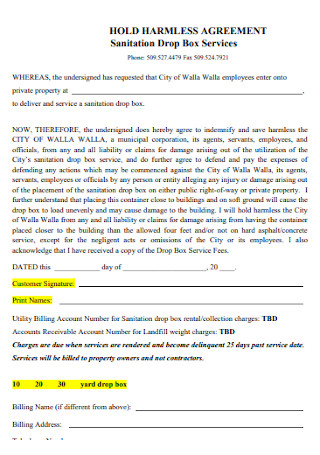
Hold Harmless Agreement
download now -
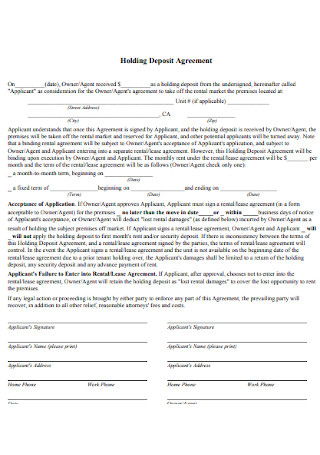
Holding Deposit Agreement
download now -
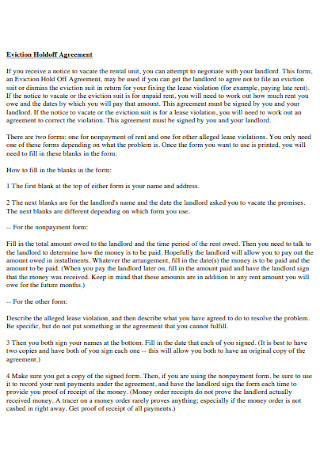
Eviction Holdoff Agreement
download now -
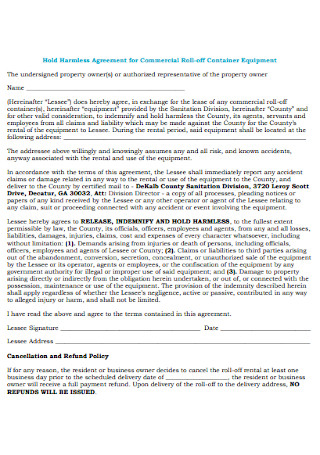
Hold Agreement for Commercial Equipment Template
download now -
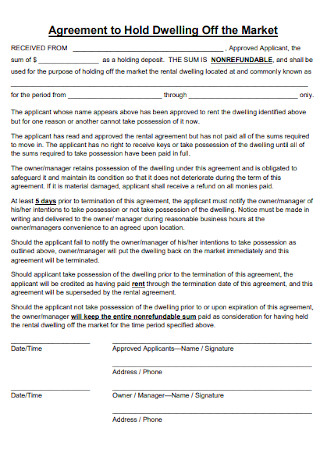
Hold Off Market Agreement
download now -
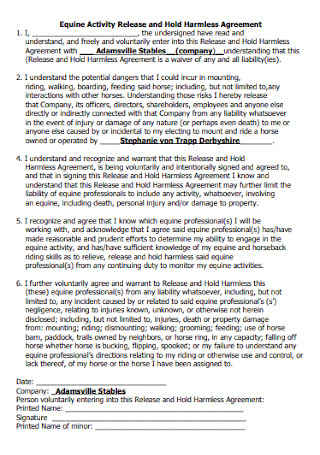
Hold Equine Activity Agreement
download now -
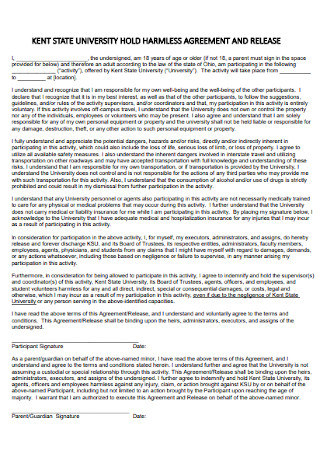
University Hold Off Agreement
download now -
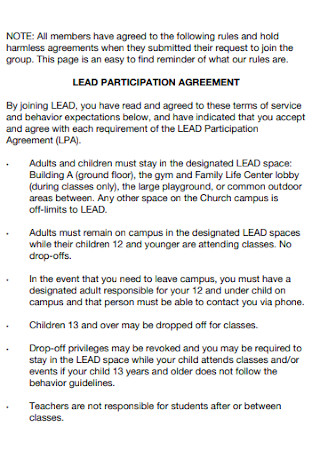
Hold Lead Participation Agreement
download now -
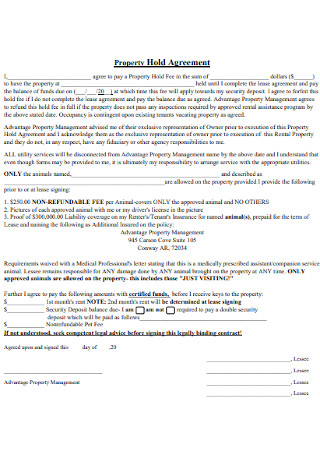
Property Hold Agreement
download now -
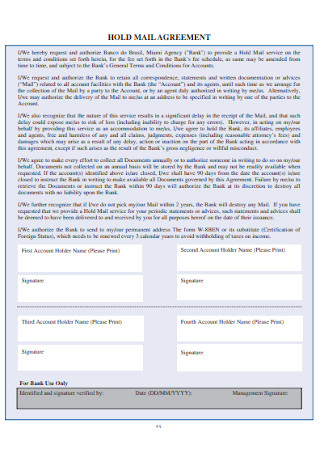
Hold Mail Agreement Template
download now -
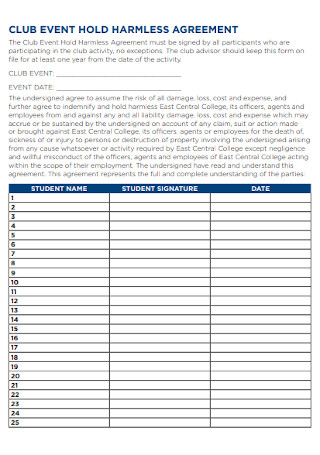
Club Event Hold Agreement
download now -

Hold Agreement by Individual Template
download now -
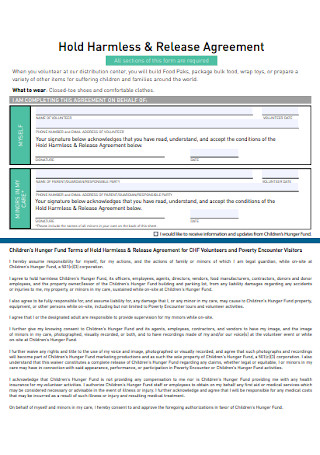
Hold Harmless and Release Agreement
download now -
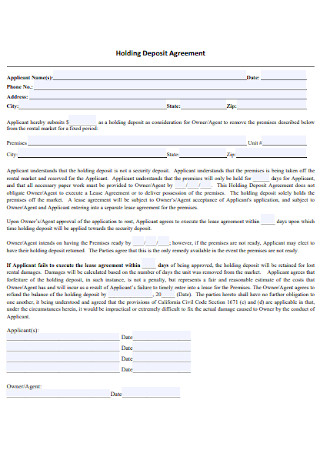
Simple Holding Deposit Agreement
download now -
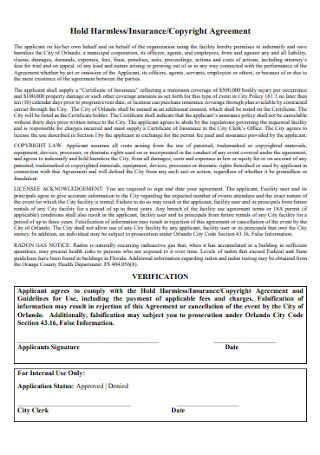
Hold Copyright Agreement
download now -
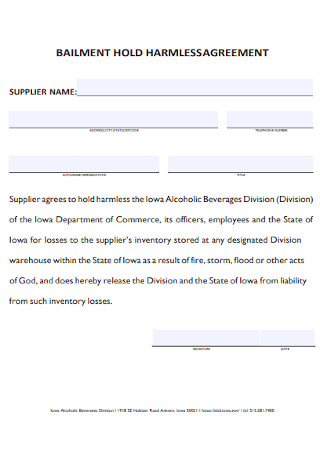
Bailment Hold Harmless Agreement
download now -
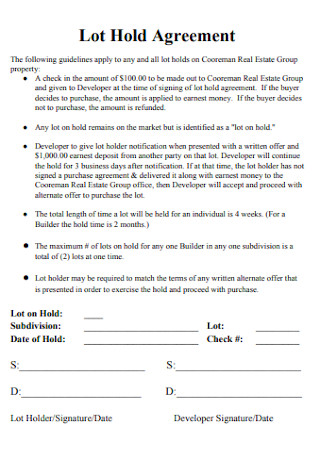
Sample Lot Hold Agreement
download now -
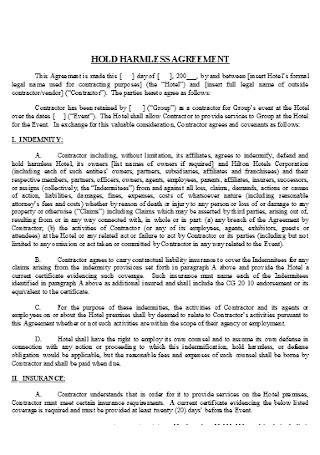
Basic Hold Off Agreement
download now
FREE Hold Off Agreement s to Download
17+ Sample Hold Off Agreement Templates
Hold Off Agreement: What Is It?
What Do You Input in the Hold Off Agreement?
What Are the Essential Solutions for Preventing Eviction?
How to Stop Eviction with a Hold Off Agreement
FAQs
Are agreements called contracts?
Are signatures required for agreements?
What is an effective hold off agreement?
Hold Off Agreement: What Is It?
Before submitting any hold off agreement form, what exactly does it mean? First of all, holding off is synonymous with postponing or delaying. Meanwhile, a business agreement refers to a spoken or written promise between parties about any business or service. When you combine the two, you form an official commitment between two parties to postpone certain services and businesses; that is called the hold off agreement. Such agreements are commonly used to respond to eviction forms, like when a renter struggles with unforeseen circumstances of his or her payment. However, this is not your typical victim card to simply avoid your rent because a reasonable and acceptable explanation should cover this agreement for it to become acknowledged by the landlord and the law.
In 2016 alone, Statista mentioned that the US even had around 900 thousand evictions.
In reference to Huduser.gov, there were about 48.5 million units for rent available in the US in 2015. Moreover, citizens occupied at least 43.9 million of those rental units.
According to the Washington Post, about 22 million or more US citizens filed for unemployment claims last April 2020.
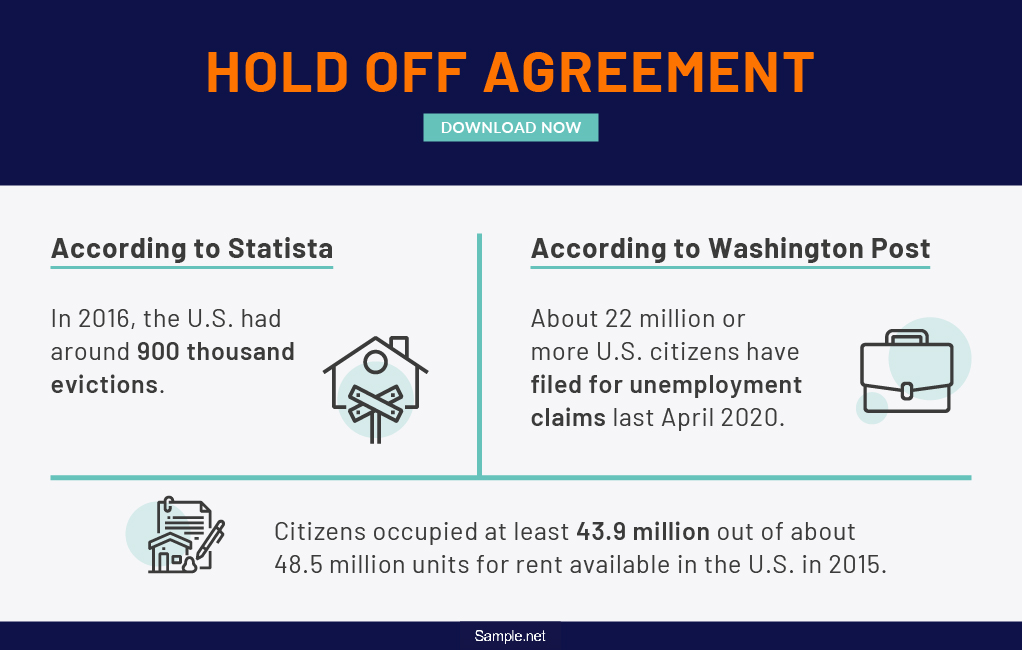
Why Are Hold Off Agreements Important?
Hold off agreements exist for a reason just as they are important. When renters or lessees commit a particular violation, like paying the rent late or failing to pay for consecutive months, they can have their violations reconsidered if landlords are in favor of their agreement. Without a document stating the agreement, the landlord may immediately process for an eviction hearing in court or have the tenant kicked out. In 2016 alone, the US even had around 900 thousand evictions. The rest had a chance to delay the eviction through the hold off agreement forms. More so, eviction is not the only concern for the form since it can work as a response for a lease termination letter, dismissal, and many others. In short, this official document can save you from losing your rent or specific services.
Which Is Riskier: Risk of Economy or Risk of Health?
More about the COVID-19 issue, Texas made headlines in the near end of March 2020. Indeed, US President Donald Trump already announced in re-opening the economy for the next few weeks from that time. Then, the Texas lieutenant governor Dan Patrick later stated that he is more than willing to sacrifice his life compared to damaging the US economy. Despite nearly turning 70 years old at that time (part of the ages considered more vulnerable to the virus), Patrick pushes to preserve the economy. Because according to him, those who are 70 plus can take care of themselves. He also believed that other grandparents would agree to his side. While also a Republican, it is no surprise that he fully agrees with Trump’s announcement.
With business operations going back early, does this mean the jobless renters who were about to be evicted can recover to pay? Indeed, there is a chance for the Texas lease termination agreement to be repaid once tenants start working with an extension agreement. But what if the earnings go to hospital fees if ever Texan employees are infected with the coronavirus? Therefore, such tenants will have to process ways on how to delay an eviction in Texas. Another delay once sick goes to the renter’s failure to appear in court for eviction in Texas, perhaps. What remains clear is that postponing payments is not always the best solution. Truth is tenants would worry about the total payment when the collection is due after certain weeks or months.
What Do You Input in the Hold Off Agreement?
Did you know that a survey concluded there were about 48.5 million units for rent available in the US in 2015? Moreover, citizens occupied at least 43.9 million of those rental units. Many people who struggled in some rentals would have asked for consideration about holding off certain collections. Make sure you use the correct agreement form, though, in case you have mistaken this form as a hold harmless agreement or any general contract only. In addition, you recognize what particular elements are present inside hold off agreements to differentiate it from other agreements. Here are the elements you input in a hold off agreement:
What Are the Essential Solutions for Preventing Eviction?
Preparing hold off agreements sure is a great comeback when you receive written notice for cancellation or eviction. But, is there any effective way to prevent eviction in future circumstances? Yes, there is! Being introduced with such tips is encouraged to ensure you would not meet the same fate from your landlords. Take a look at some essential tips to avoid eviction:
Be an Early Bird
The best way to get rid of any problem in a rental or lease is to pay punctually or on time. You can set your schedule with printable calendars for the meantime to ensure you would not struggle every collection time. Any landlord would appreciate punctuality from their tenants’ payments.
Communicate with the Landlord
It is a must to befriend your landlord until negotiating can be done easily next time, although honesty is required because tenants should never abuse their landlords. If you remain honest and in good terms with these property owners, then that is a good sign.
Budget Responsibly
It should be no question that those who continue to budget for their savings would least likely struggle during payment collections. Financial obligations are yours to manage. Whether you proceed to loan, borrow, or any other way for financing, make sure it is helping your situation and not making things worse.
Qualify for an Eviction Protection Program
Another tip is to take the Eviction Protection Program (EPP). Tenants with low income can benefit from this program as a backup for instances of struggling payments. Your only concern is to ensure you qualify with the requirements that may differ from every state. Expect higher chances of approval when you maintain good credit and financial records since they see you as a responsible tenant that way.
How to Stop Eviction with a Hold Off Agreement
According to the Washington Post, 22 million or more US citizens filed for unemployment claims in April 2020. This scale includes some people who are renting, and they may become evicted without an unemployment aid. In the circumstances you could not prevent an eviction, a wise solution would be to hold it off and aim to correct the violation afterward. Using the hold off agreement, you have a chance to settle things properly with the landlord and eventually pay everything you owe. How do you process this out? Follow these simple steps:
Step 1: Study the Laws in Your State
The contracts and agreements between tenants and landlords have applicable laws that may vary from state to state. Thus, you should familiarize what is allowed and prohibited to ensure you strictly comply with the laws rather than breaking them. Maybe the eviction is illegal, and you have a right to complain about it. If things lead to court, then you are at the biggest disadvantage when you hardly know what is legally acceptable or not. As they say, ignorance of the law excuses no one.
Step 2: Comply with the Landlord’s Notice
Hold your horses for a second before having an action plan, and review the notice given to you by the landlord. Maybe you only read the bold letters or headlines about eviction without thoroughly reading its content. Perhaps the details below state the ways of what the landlord expects you to do in solving the issue. The same thing applies to how you avoid getting kicked out. If the property owner suggested an installment, extension, and other plans, then you take advantage of dealing with those.
Step 3: Download the Appropriate Template
To make the landlord reconsider, you begin downloading from our collection of hold off agreement templates. Pick wisely because maybe you end up using the wrong example like a notice to vacate template or something irrelevant to holding off. What is more in store for you? Templates are customizable. Take your leeway to edit it with how you wish it turns out. As long as it goes along with professional standards, you are on the right track.
Step 4: Fill in the Details Accordingly
Remember those elements to input in hold off agreements stated above? You provide those parts accordingly. Templates are fillable too, and you may fill in the blanks according to personal information, installment arrangement, schedule, and so forth. Once everything is provided and corrected, it will be ready for submission already.
Step 5: If All Else Fails, Talk with a Lawyer
Maybe you reach a point where the landlord disagrees with the deal, and you turn forced to leave no matter what. On that note, taking action is the key. Find a reliable lawyer who can help you process things out during eviction hearings. You might have a bunch of questions in your head. How to answer an eviction notice in Texas? What can make the landlord reconsider? Your lawyer will solve such queries.
FAQs
Are agreements called contracts?
An agreement can be a contract, but not all the time. Indeed, agreements can refer to any mutual understanding between two parties. But when things get serious, like involving legal obligations or rules as part of the agreement, then that can lead to a contract. Consequently, contracts are agreements in a legally binding form.
Are signatures required for agreements?
Signatures are generally required, but some agreements can still be valid even without signatures. However, having signatures is recommended to avoid any misunderstanding or forgetfulness. Furthermore, written agreements help discuss arrangements further in case things end up in miscommunication because of unclear spoken statements.
What is an effective hold off agreement?
You can say that a hold off agreement is effective when things are discussed inside its written document. More so, effectiveness remains when all parties in an agreement are all responsible. For example, an evicted tenant will have to pay someday to please the landlord instead of dodging the issue.
Anyone can undergo unpleasant circumstances at any time, but what matters is that there is a sense of preparedness for possible situations. With an agreement reached to be evicted during a pandemic, for example, it would have been smart to prepare for emergency funds. Moreover, keep in mind that hold off agreements are a solution to pause your obligations only so you must not dilly dally when trying to postpone payments. Keeping up with the total budget, in the end, is still a task. Stay responsible because you can tell if you earn to have your eviction dismissed or not.
